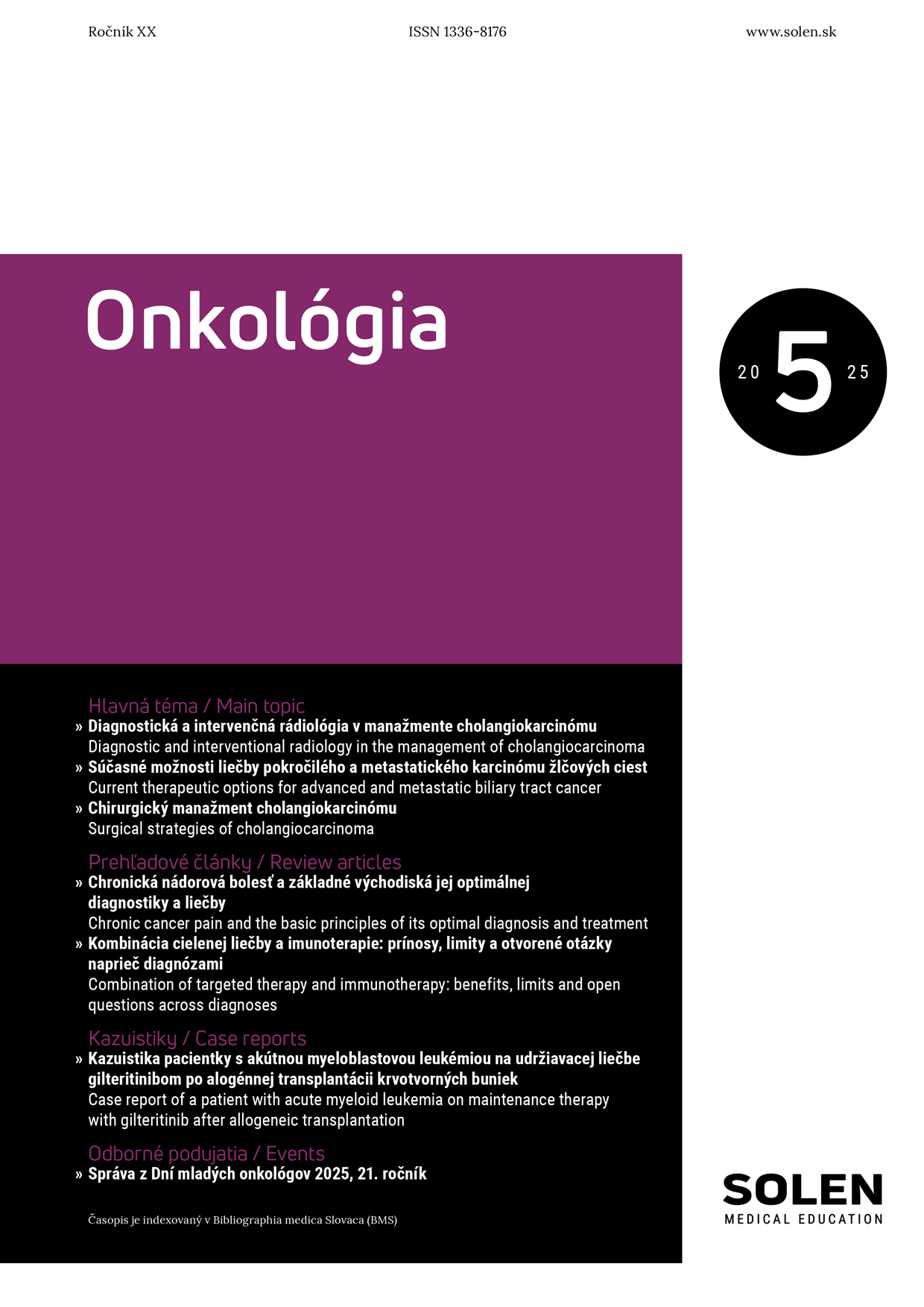Psychiatria pre prax 1/2021
Glutamate neurotransmission as an innovative approach to antidepressant treatment
More than 350 million people worldwide are affected by depression, and limitations in access to effective treatment options have made it the leading cause of work disability. The limitations of current antidepressant options, including delay in the efficacy after initiating, low response rates, treatment resistance and high relapse rates, may demotivate patients and, in specific cases, lead to increased suicide risk. The presence of the limitations mentioned above highlights a substantial unmet need for more efficacious and faster-acting molecules with antidepressant efficacy, particularly for patients with the more severe clinical picture and treatment-resistant cases. With regard to current knowledge, this is thought to be mediated by disinhibition of glutamate transmission, resulting in a rapid but transient burst of glutamate, followed by an increase in the release of neurotrophic factors and subsequent stimulation of synapse formation, resulting in an immediate and potent antidepressant effect.
Keywords: depression, antidepressant, brain neurotrophic factors, neuroplasticity, glutamate

















